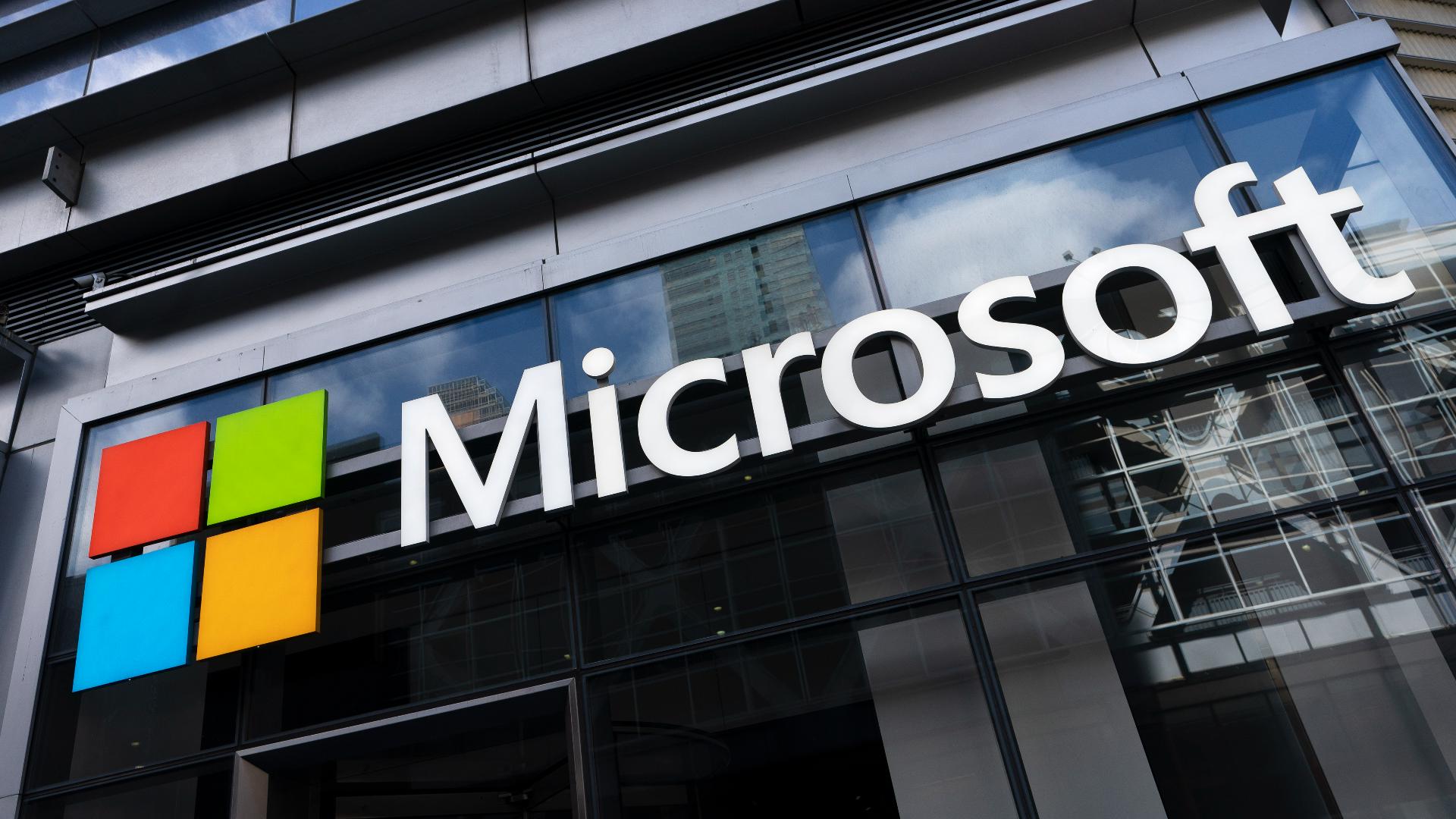WASHINGTON — A global technology outage caused major disruptions across industries ranging from hospitals to banks to airlines, leaving millions either stranded or unable to do work.
The outage has been traced back to a cybersecurity company called CrowdStrike, which provides anti-cyberattack services to Microsoft and other large companies.
What is CrowdStrike?
CrowdStrike is an American cybersecurity firm based in Austin, Texas. Since being founded in 2011, they have made a name for themselves as one of the top firms providing protection; the company says its customers include 298 Fortune 500 companies, eight out of the top 10 financial services firms, seven out of the top 10 manufacturers, six of the top 10 healthcare providers and eight out of the top 10 food and beverage companies.
The company was also involved in investigations into cyberattacks such as the 2014 Sony Pictures hack and the hack of the Democratic National Committee ahead of the 2016 election.
Their anti-cyberattack software is integrated directly into the Windows operating system designed by Microsoft, meaning it's in a wide variety of devices across the globe, including the operating systems that run flight controls for major airlines, hospitals and banking systems.
How did CrowdStrike cause a global tech outage?
Because cybersecurity is a constantly evolving field with new threats regularly appearing, software designed to deal with those threats receives frequent updates.
CrowdStrike sent out one of those updates Thursday night, inadvertently including a bug in the code that caused disruptions in Windows-based systems, the chief executive of the company said.
Millions of Windows computers began experiencing a "bootloop," which the computer begins starting up, then is unable to finish and restarts the process without end, the outlet cybersecuritynews.com described.
For many, it produced the notorious "blue screen of death" - indicating a critical issue.
The bug exclusively broke Windows computers, meaning those using Linux or Mac-based operating systems were unaffected.
Is the problem fixed?
In an interview with the TODAY Show Friday morning, Crowdstrike CEO George Kurtz said the issue was identified shortly after the update was released and a fix was sent out, bringing some computers back online quickly.
"We identified this very quickly and remediated the issue," he said. "And as systems come back online, as they're being rebooted, they're coming back and they're working."
Despite that, Kurtz said some systems weren't able to accept the automatic update to fix the bug. For those systems, it could be a while before operations are restored.
"Many of the customers are rebooting the system and it's coming up and (being) operational because we fixed it on our end," he said. "Some of the systems that aren't recovering, we're working with them. It could be some time for some systems that just automatically won't recover."
As of Friday morning, several major U.S. airlines, including Delta and American, have said some services had been restored, although more than 2,000 flights in the U.S. had been canceled or delayed, with many likely due to the outage.
Australia appeared to be severely affected by the issue. Outages reported on the site DownDetector included the banks NAB, Commonwealth and Bendigo, and the airlines Virgin Australia and Qantas, as well as internet and phone providers such as Telstra.

